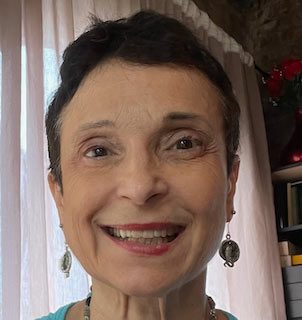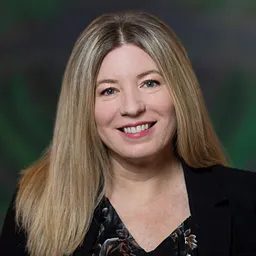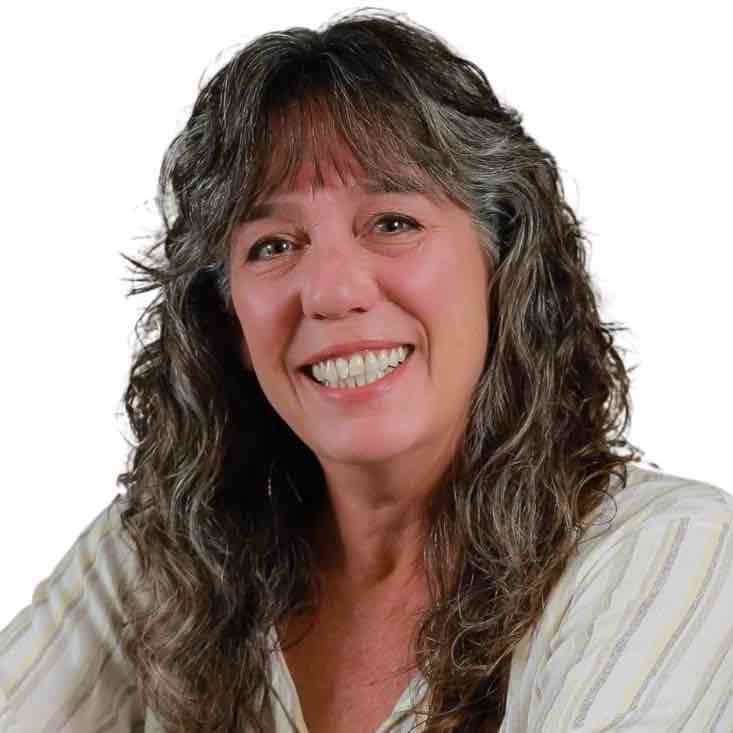Ageism Is So Pervasive, Even We Believe It
Photo by NIKITA SHIROKOV on Unsplash
Be honest: Do you cringe when someone calls you old? Do you apply cosmetics to camouflage wrinkles and other signs of Aging? Do you hate that gray and try to wash it away?
If so, you’re in excellent company. We know intellectually that we have every right to be proud of our years of hard-won experience. We know we should wear our age like a badge of pride. But as long as we’re being honest, let’s admit that it’s damned hard to stay positive about aging when the world bombards us with messages that aging is something to be ashamed of.
You don’t care much for being called old for a very good reason: The word carries a social stigma.
“The larger culture is riddled with language, images, songs, cards, and messages devaluing aging,” explains Tracey Gendron, the author of Ageism Unmasked: Exploring Age Bias and How to End It. “Collectively these cultural artifacts reinforce the social construction of age.” That construction, she adds, “generally places value on youth over the aged.” Or to paraphrase Animal Farm: Old Age Bad, Young Age Good.
It Starts in Childhood
This stigmatization has been fed into our brains since childhood. Hansel and Gretel encounter a wicked witch in the form of an older woman. Red Riding Hood sets off to deliver treats to her frail, sickly, bedridden grandmother. According to one research study, children begin to identify age stereotypes by age 6.
Here’s the unfortunate part: To the extent that we recoil from labels like “old,” and to the extent that we apply “anti-aging” remedies to hide evidence of the passage of time, we have tacitly accepted the social construction of ageism as truth. We have internalized society’s ageism and turned it against ourselves. We have swallowed the Kool-Aid.
Fighting back against ageism in our culture is hard enough. Fighting it when it has permeated our own Consciousness is incredibly difficult.
But it’s a necessary fight. Accepting ageism as fact poses a real danger to our physical and Mental Health. Yale University Professor Becca Levy’s groundbreaking 2002 study established that positive attitudes about aging can increase how long we live. Levy found that older adults with more positive self-perceptions of aging, as measured up to 23 years earlier, lived 7.5 years longer than those with less positive self-perceptions of aging.
Levy’s recent research centers on how society’s messages about aging affect a person’s health and well-being. “People who take in more negative age beliefs tend to show worse physical, cognitive, and mental health,” she says. They tend to suffer higher levels of Stress, which has been linked to many diseases of aging, and they are less likely to embrace healthy behaviors.
A National Campaign
Where do we begin freeing ourselves from internalized ageism?
A great place to start is with the Internalized Ageism Campaign launched this year by Changing the Narrative, a nationwide initiative to end ageism through public communications campaigns. The nonprofit’s website provides a variety of helpful resources. What I find particularly useful is a section called “reframing your story.” There’s a chart with practical suggestions for turning ageist thoughts into age-positive statements. (You may recognize the technique if you’ve ever dabbled in cognitive behavioral Therapy.)
For example, telling yourself “I’m too old to start something new” is countered with five positive statements, including “I’m a lifelong learner, I’m curious, and I want to know more” and “I’m creative and can do this.” The negative, ageist thought “I’m having a senior moment” is replaced by “I’ve forgotten things all my life” and “This happens whenever I get too busy.”
It’s also worth remembering that the attitudes that undergird ageist beliefs are mostly built on falsehoods. Are some old people fragile and dependent? Yes. Is it true of most old people? No – particularly if your definition of “old” is anyone over 60. There’s a heap of difference between 60-year-olds and 90-year-olds, though we are often grouped together under one umbrella. Similarly, do some older adults suffer cognitive loss? Yes. Is it true of most older adults? No.
In Levy’s latest book, Breaking the Age Code: How Your Beliefs About Aging determine How Long and Well You Live, she digs deeply into more than a dozen beliefs about aging, and “in every case, I found information that not only contradicted the negative stereotype but also highlighted a strength that comes with aging.” While some cognitive skills slow over time, for example, she found that other cognitive functions remain strong and some even improve.
Being an older adult in America is challenging enough without giving the ageists aid and comfort from within ourselves. Staying positive about our age and rooting out our internalized ageism is essential for our own physical and mental health.

























